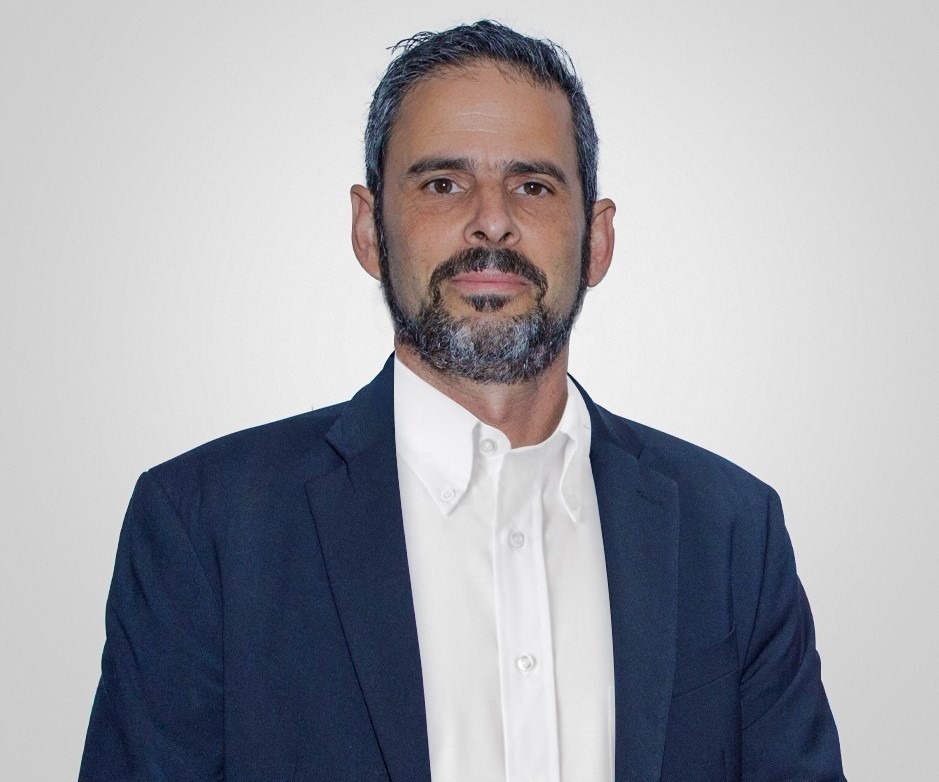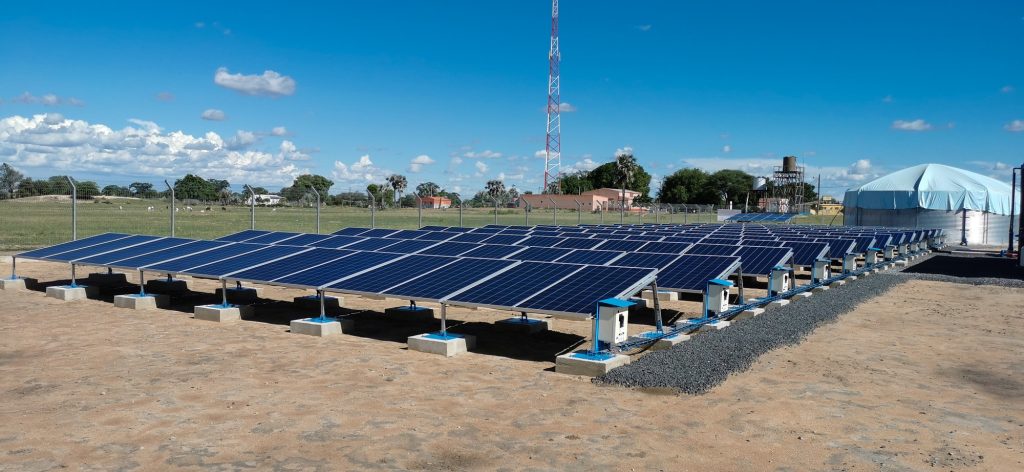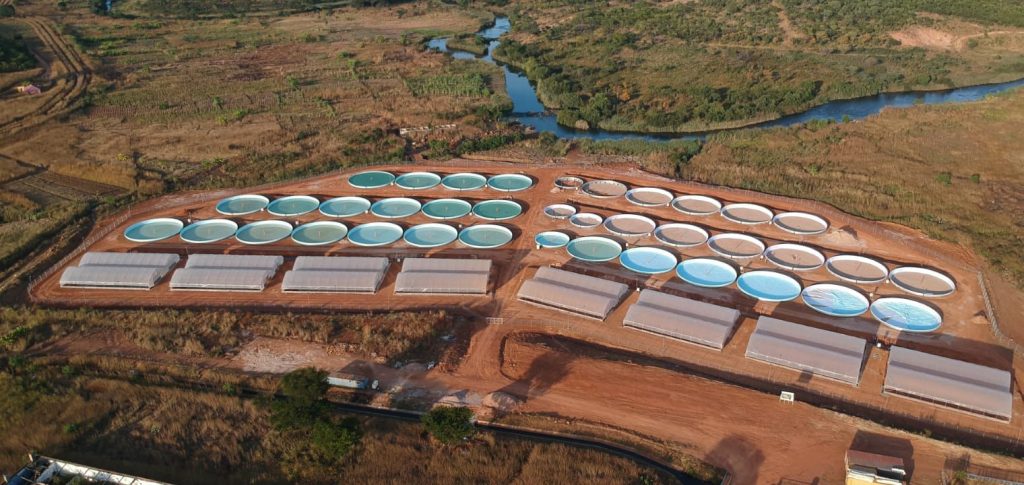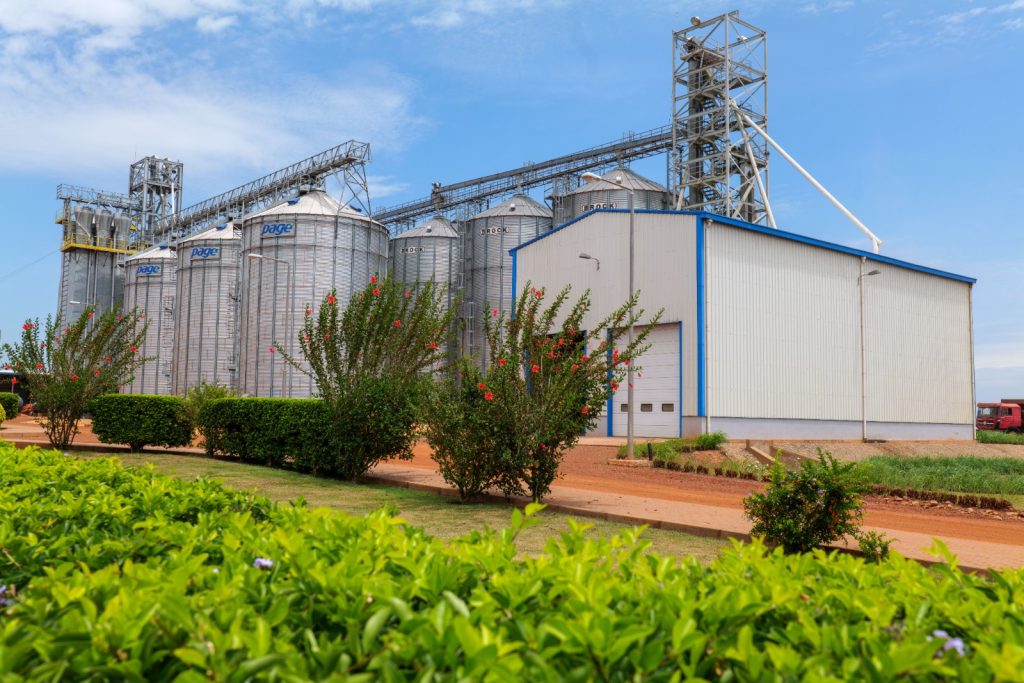The sustainable use of natural resources has been a constant theme on global agendas, considering its vital importance, both for the continuity of human life and for the preservation of biodiversity. The direct influence and constant impact in various areas, from the social, economic, and environmental preservation point of view, confirm that its negligent use can lead to a context of instability and conflict.
The International Institutions and Organizations have defined the month of March as a month in which there is a call for reflection, not only with regard to the proper use of water as an essential resource, but also with regard to the need to protect trees and forests to ensure a planet that is free from the environmental footprint to safeguard life. Trees play a vital role in maintaining biodiversity, regulating the climate, and conserving soil.
In addition to their impact on preventing desertification, protecting springs, and regulating water flow patterns, trees are also responsible for the interconnection between the water and agriculture sectors, building a system of interdependence essential for the balance of ecosystems, from the process of natural irrigation of agricultural land to the prevention of erosion and the loss of essential nutrients for cultivated plants.
At Mitrelli Group, we are aware of the need to promote a more sustainable environment and the need to implement water and agricultural solutions that contribute to improving the living conditions of the population.
To this end, we develop and implement projects applying best practices so that water is an increasingly accessible commodity and reaches the largest number of people. We understand that water scarcity not only threatens people’s health and well-being but can also trigger conflicts and tensions between communities and countries vying for access to this resource.
In Africa, despite the existence of a dense hydrographic network, water scarcity is a reality that affects millions of people and in Angola, particularly, only about 57% of the population has access to basic drinking water services, while only 52% has access to basic sanitation services. This poses a challenge for many communities where many people are forced to travel long distances to obtain water, which most often comes from unsafe sources, increasing the risk of waterborne diseases proliferating.
The authorities have effective programs to minimize these challenges and the Mitrelli Group has actively contributed by delivering water solutions for the supply of drinking water and wastewater treatment, as well as to ensure its stable supply in various locations.
In this context, we have implemented several innovative projects to solve the challenges of water scarcity in Angola; the “Ombala Yo Mungo” project, which installed two drilling rigs and a solar-powered desalination system, providing access to treated water for the local population, and we also highlight the “Water for All Program”, designed in an initial phase, for more than 100,000 people in the province of Cuando Cubango, which involved the construction of 50 water supply systems, powered by solar energy to ensure its sustainability.
This project of water supply systems in remote areas has since been implemented in more than 200 villages and 9 Angolan provinces, impacting more than 700,000 people. In addition to these, the implementation of Government projects, such as the “Samba Cajú Farm” and “Cuando Cubango Aquaculture Project” projects highlight the Group’s vision to contribute to the increase of food self-sufficiency in Angola, through the integration of technologically advanced methods in the Agricultural sector.
Continued investment in resilient water infrastructure and innovative technologies that can help address the impacts of climate change and environmental degradation is crucial. Public health, food and energy systems, economic productivity and environmental integrity all depend on a water cycle that is well managed and balanced.
Considering the theme “Water for Peace”, defined by the UN for 2024, there is an urgent need for international cooperation through bilateral agreements and partnerships, as well as the implementation of policies and programs that promote equitable and sustainable access to water.
Collective commitment is imperative to ensure that communities not only have access to safe drinking water and adequate sanitation, but also take proactive measures to preserve and sustainably use resources, promoting global prosperity and stability for present and future generations.



